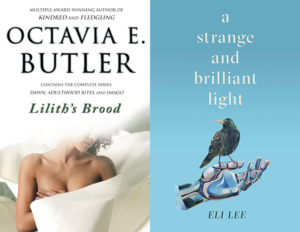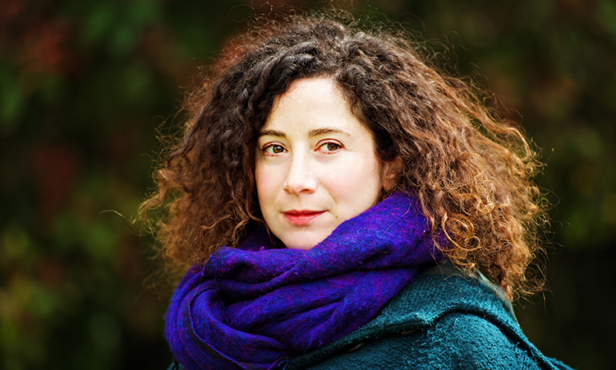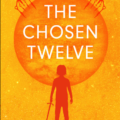Over a three-year period in the late Eighties, Octavia Butler wrote one of the most interesting and thoughtful sci-fi trilogies around. Lilith’s Brood, which consists of Dawn (1987), Adulthood Rites (1988) and Imago (1989) is a fascinating look at interspecies cooperation and co-habitation, as well as a study of humanity, our weaknesses and potential downfalls.
Butler is best known for her bracing time-travelling novel about slavery, Kindred (1979) and her Parable books, written in the Nineties and presciently right about a dangerous, disingenuous president running on a platform to ‘make America great again’. The Lilith’s Brood trilogy (sometimes known as the Xenogenesis trilogy) gets less attention, but as Butler keeps growing in renown, I’m hopeful that these wonderful, complicated books will one day get the audience they deserve.
Butler was born in 1947 in Pasadena, and was raised by her mother, a maid, and grandmother, after her father, a shoe shiner, died when she was seven. By the time she was awarded a MacArthur ‘Genius’ Grant in 1995 – as the first science fiction writer ever to receive one – she already had a canon behind her of wide-ranging, visionary work.
Dawn, the first book in the Lilith’s Brood trilogy, opens onto a world that humans have almost fully destroyed by way of nuclear war; the few remaining humans are rescued by the Oankali, a nomadic, gene-trading alien species. The surviving humans must make a deal with the Oankali – they can either agree to breed with them to create a superior line of human-Oankali ‘constructs’ or they can give up the chance to reproduce.
The Oankali aren’t villains, though, even if this makes it sound like they are. They are colonisers and to be treated with due scepticism, but their plan is not without its logic. They’ve seen that humans are inherently hierarchical and self-destructive, and that left alone, we’ll go extinct. We can’t help it – it’s our genetic fate. We get a chance to survive only if we are willing to create human-alien hybrids.

Lilith Iyapo, an African-Amerian woman and our eyes and ears in this post-apocalyptic world, is an Oankali captive in Dawn; she has to overcome her fear of the Oankali’s alienness – their grey skin and tentacles, which are ‘murkily translucent, pale grey worms’ – in order to deal with them. For her, agreeing to join them means adopting them as her family and choosing an Oankali mate to breed with. She also becomes the human emissary from the Oankali to the group of surviving humans who are ‘resistors’ – those who refuse to hybridise their genes, and who are suspicious of the Oankali. It’s Lilith who tries to bring them into the fold.
The trilogy is full of Butler’s characteristic empathy, with a narrative rooted in emotional intelligence and a deep understanding of what makes us both attached to and fearful of others. When characters have sex with the Oankali, it’s written in an unaffected way that privileges their emotional truth and sensual experiences. It is a masterclass in not only writing the encounter with the alien, but also in depicting the fusing of one’s life and body together with it.
Lilith’s Brood attests to Butler’s pessimistic view of humanity; left alone, we will surely destroy each other. But it also speaks to the radical possibilities of hybridisation. A human-Oankali ‘construct’, as Lilith’s child Akin is, lives on the threshold between two identities. He is neither fully human nor fully Oankali, and he must learn to find a home in the world of both species.
Butler wants us to empathise with him as someone who doesn’t entirely belong anywhere and so must work out what matters by himself. It is a typically thoughtful move from the most sensitive of authors; Butler writes from a place of care, attention and consideration for human experience, especially that of those who are caught in a power imbalance, in limbo, or not allowed to truly belong.
In Lilith’s Brood, the excellence of her writing comes from how this combines with a tense, page-turning plot and an extraordinary exploration of interspecies encounters. An overlooked testament to Butler’s imaginative power, it deserves to be much more widely read.
A Strange and Brilliant Light by Eli Lee is published by Jo Fletcher Books on 22 July, £16.99. Main image credit: Jane Lee Photography

